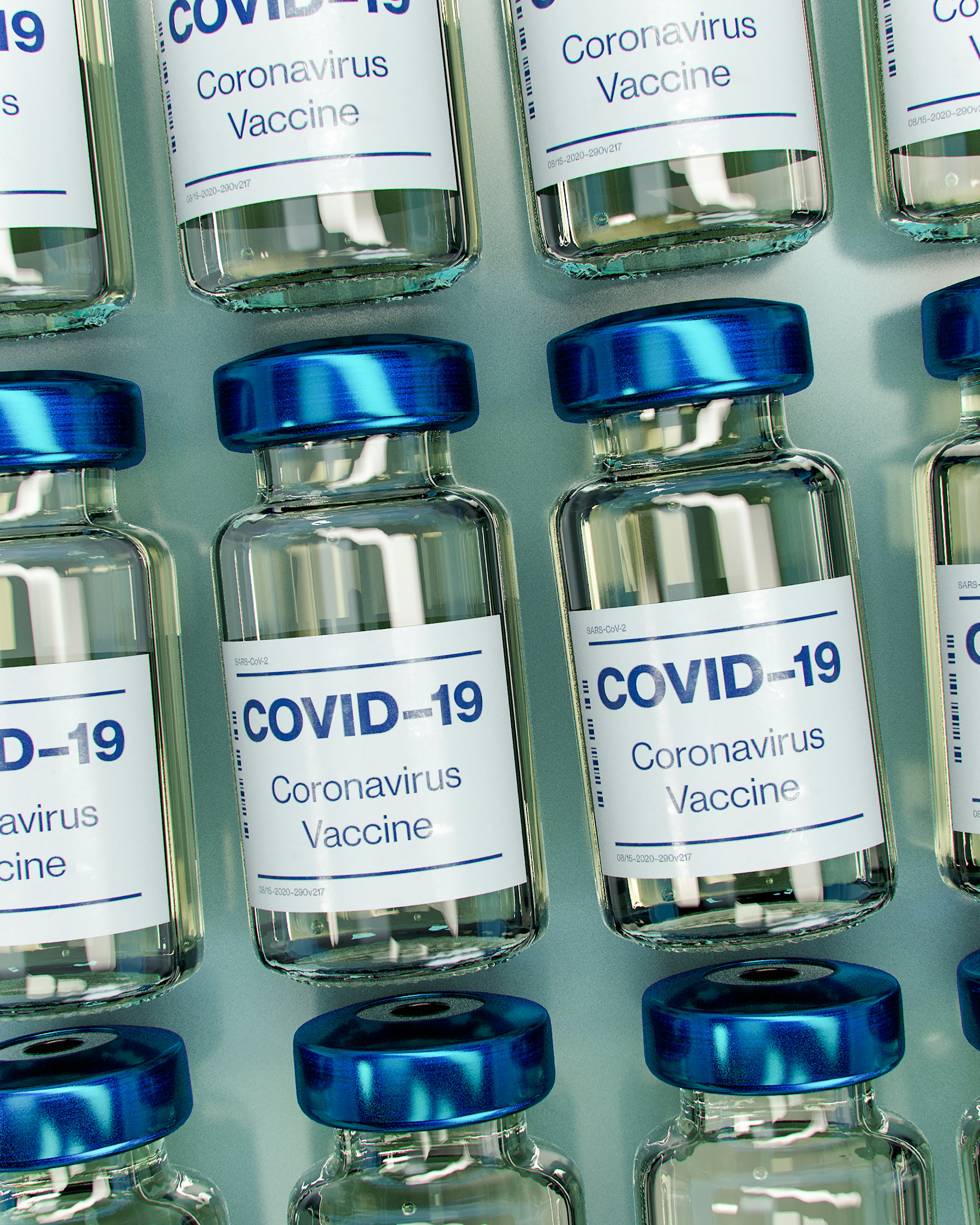Pfizer recently announced a major supply chain blunder, admitting they would only be able to ship half of the 100 million dosages they had originally promised countries around the world by the end of the year. Anyone who works within the supply chain industry realized delivering a potential vaccine would be an issue months before Pfizer and Moderna announced that they had successfully created a Covid-19 vaccine. Prior to the pandemic, the supply chain industry was considered fragile- already suffering due to lack of truck drivers and skilled workers within the field; unsteady last mile deliveries, and arctic delivery methods that lack visibility and control. Add in a pandemic and you have empty shelves in grocery stores and a mad rush for toilet paper.
Back in November Pfizer filled for an emergency authorization for their vaccine in countries around the world including the United States and the UK estimating that they could deliver 100 million dosages globally. Now, Pfizer is walking back on their original target, estimating that they can deliver only half the amount of vaccines, inoculating just 25 million people or 0.3% of the population.
“Scale-up of the raw material supply chain took longer than expected,” explained Pfizer’s spokeswoman Amy Rose in a statement last week referring to the time it took to source the raw materials that were needed to create each shot. A silver lining in the supply chain disruption is that Pfizer now has the vaccine production under control. “We have made significant progress as we have moved forward in the unknown,” Rose claimed.
The supply chain disturbance is not expected to affect the 2021 roll out of the vaccine. Pfizer is still on par to produce 1.3 billion dosages by the end of next year immunizing close to 17% of the world’s population. Moderna is set to add between 100- 125 million dosages in the first quarter of 2021.
Both Pfizer and Moderna announced their vaccines within days of each other earlier this quarter- each claiming over 90% effective rates. Each company explained the vaccine would require two dosages ad could have less than ideal side-effects including fatigue, headache, and fever.
While the end goal of both vaccines are the same, storage and delivery of each vaccine is a bit different. Moderna has a stable shelf life of seven days in -20 Celsius degrees (-4 degrees Fahrenheit) while Pfizer announced their vaccines need to be stored in extreme cold in -70 degrees Celsius (-94 Fahrenheit). In context, Moderna could be stored in a regular-grade freezer, while Pfizer’s vaccines need to be stored in ultra-cold conditions – think Winter in Antarctica.
Should this be cause for concern? Debra Kristensen, a 30-year veteran of vaccine innovation and supply chains at PATH, an international nonprofit focused on public health explained that this was do-able, but “it's definitely going to be much more expensive and more difficult.” The combat the problematic challenge, Pfizer announced they had designed their own packaging that would be able to store the vaccine in for two weeks without a specialized ultra-cold freezer.
As of now the FDA has not approved Pfizer’s or Moderna’s Covid vaccines. According to Alex Azar, the U.S. Department of Health and Human Services secretary the FDA authorization could come “within days.” Once they do they can begin to ship doses of the vaccine to the United States, putting in motions step to contain the virus.






